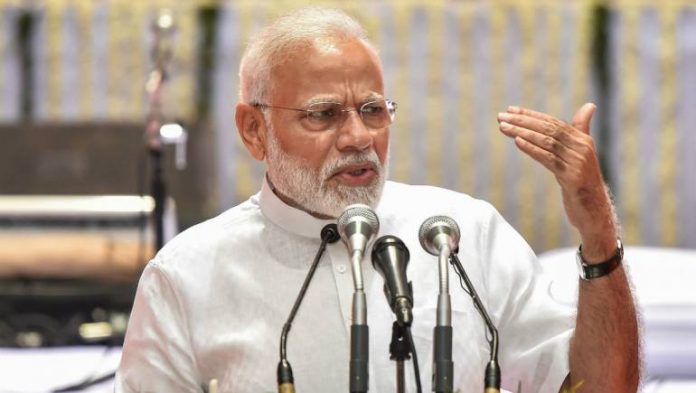The ban will hit Malaysia, the main supplier to India of refined palm oil, but is likely to help Indonesia.
MUMBAI: India imposed restrictions on imports of refined palm oil and palmolein on Wednesday, a move sources said was retaliation against top supplier Malaysia after its criticism of India’s actions in Kashmir and a new citizenship law.
The Ministry of Commerce and Industry issued a notification declaring that the import of refined palm oil “is amended from ‘Free’ to ‘Restricted.'”
Four industry sources told Reuters that the memo was an effective ban on imports of refined palm oil, meaning India can now only import crude palm oil. It will hit Malaysia, the main supplier to India of refined palm oil and palmolein, but is likely to help Indonesia, the biggest exporter of crude palm oil.
Indian government and industry sources told Reuters that Prime Minister Narendra Modi’s government was seeking to target Malaysia after recent criticism of India by its Prime Minister Mahathir Mohamad.
Mahathir said in October that India “invaded and occupied” Kashmir. Last month he said India was stoking unrest with its new citizenship law, which critics say undermines the country’s secular foundations.
Palmolein is a liquid form of palm oil used in cooking.
New Delhi had earlier this week informally asked palm oil refiners and traders to avoid buying Malaysian palm oil.
The decision to restrict all imports of refined palm oil is also likely to boost business for Indian refiners of the vegetable oil.
Indian crude palm oil, soyoil soybean and rapeseed prices jumped after the announcement.
“This move in a way will punish Malaysia and will help local refiners as well,” a Mumbai-based refiner, who declined to be named, said.
The Indian Ministry of Commerce and Industry did not respond to a request for further information. Malaysia’s Primary Industries Minister Teresa Kok, who is responsible for the palm oil industry, declined to comment.
“Malaysia is in a lose-lose situation with this ruling,” said Sathia Varqa owner and co-founder of Singapore-based Palm Oil Analytics, adding “India will ramp up buying of CPO from Indonesia.”
Indonesia traditionally corned around two-third of India’s palm oil imports, but a lower duty on refined palm oil helped Malaysia to overtake Indonesia as India’s biggest supplier in 2019.
Palm oil is crucial for the Malaysian economy as it accounts for 2.8 per cent of gross domestic product and 4.5 per cent of total exports. State-owned and private Malaysian refineries will likely have to scramble to find new buyers for their refined product.
Indian refiners need the boost as refining activity in the country has been hit in the past year by imports of cheaper refined palm oil, said B.V. Mehta, executive director of the Solvent Extractors’ Association (SEA), a Mumbai-based trade body.
“Indian refiners were struggling for survival … The ban on refined palm oil imports will help refiners, local farmers and help in creating new jobs,” Mehta said.
Palm oil accounts for nearly two-thirds of India’s total edible oil imports. The country buys more than 9 million tonnes of palm oil annually, mainly from Indonesia and Malaysia. Indonesia is the world’s biggest producer of palm oil, followed by Malaysia.


